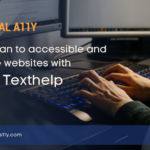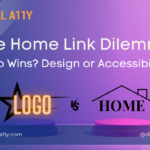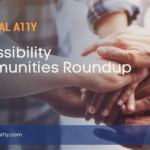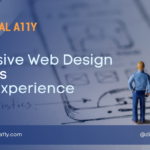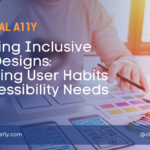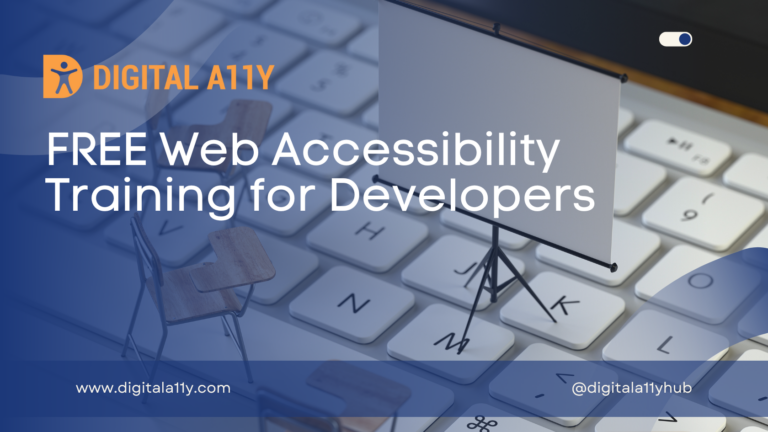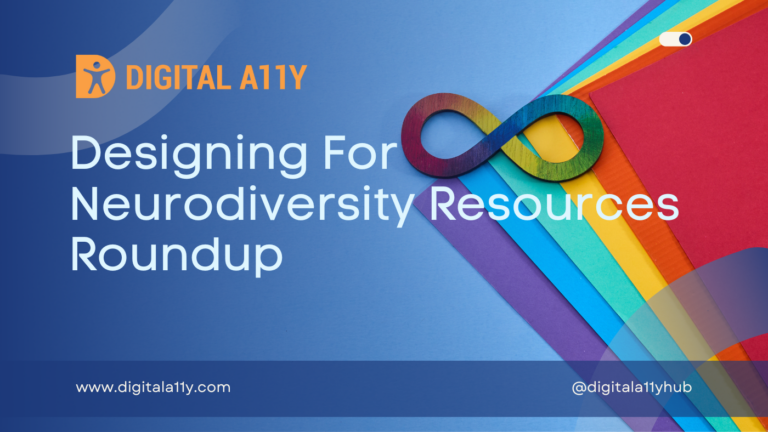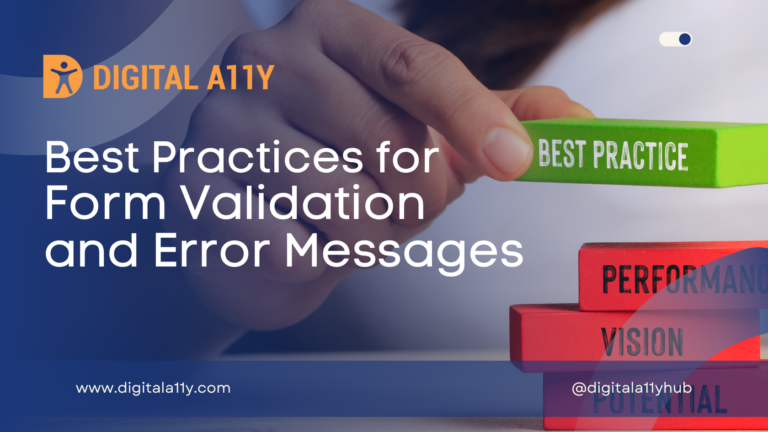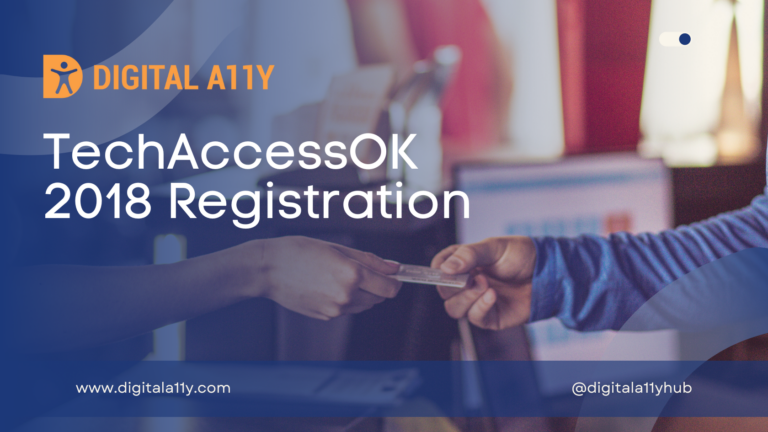Inclusive Design 24 #ID24: An Open Platform for Inclusivity

Born was accessibility once upon a time. From usability, it has moved to a stage that is known as ‘Inclusivity’ – for all; by all.
It is the people who have carried this forward here. But we need more and more platforms to discuss, collaborate and innovate with new ideas, designs and orchestrate solutions that are inclusive for all. We do have so many conferences and webinars to do so. But the striking question is, is it accessible and affordable to everyone who wants to contribute at large? Not all of these wonder platforms are accessible and affordable to everyone. At the same time, not that we don’t have any open platform that allows free explosion of inclusivity.
Inclusive Design 24 is a free 24-hour online community event on accessibility. It celebrates efforts worldwide to ensure people with disabilities have full and equal access to the web. This 24 hour completely free event includes 24 one-hour webinars on all things on accessibility. The sessions range from beginner to advanced and are aimed at everyone, from executives to web developers.
This four year old yearly event is just around the corner – scheduled to play on October 11 of 2018. As a prelude, here’s more from the event organizers that would set tone for us and rekindle the zeal to dive into this event!
1. What is the inspiration or the force to start ID#24?
Léonie Watson came up with the idea and the name “Inclusive Design 24” in 2011, but it didn’t become a reality until Karl Groves had a similar idea (when he and Léonie were both working at The Paciello Group) in 2014, and Mike Paciello offered to support the first conference.
Léonie has since been joined by a team of regulars (Adrian Roselli, Billy Gregory, Henny Swan, Ian Pouncey, Patrick Lauke, and Steve Faulkner), who between them make sure that Inclusive Design 24 happens
every year.
2. What was your goal when you started this event?
The goal of Inclusive Design 24 (#id24) was to bring together the global community to share knowledge and ideas without the difficulties of attending a traditional conference. From the beginning, #id24 has only been possible because of the community. It took just three weeks to organise the first conference, and everyone gave their time generously. We had no budget, but many respected and notable people gladly agreed to give a talk because they wanted to help.
3. How much are/were you near in achieving the goal & How is the goal getting expanded/getting unique ever?
We’ll never reach our goal, because there are no real limits to the number of people who can be part of #id24. Each year we hope more people will participate, from more countries around the world, so it’s really a never-ending goal.
4. How much of participation from people with disabilities both in presenters and audience has the conference seen?
Our presenter line-up has always been as diverse as possible, and that includes people with disabilities. #id24 is open to everyone without registration, so we don’t know very much about the people who participate. It isn’t about numbers for us though, we try to make #id24 as inclusive as possible because that’s the only way we want to do it.
5. In its experience, what could be some unique topics in the area of design and accessibility has the conference seen?
#id24 has had talks on a wide range of topics, from comics to kitchens, from smart cities to games, and on every aspect of design and development you can think of. Inclusive design is relevant to everything
we create that is intended to be used by people, so much so that a set of Inclusive Design Principles now exists to help people do it.
6. What can we as audience look up to in this year’s ID#24?
We’re excited by the talks for #id24 2018, because they cover so many diverse topics and ideas. Only the full #id24 schedule gives you a real sense of what’s included, but topics include progressive enhancement, performance, internationalisation, cultural considerations, cognitive
walk-through, trauma and stress related disorders, web payments, accessibility mechanics, data visualisation, and a whole lot more.
7. How is funding managed for this conference?
The Paciello Group continues to support #id24, and we’re also proud to include Barclays Access, Intopia, Microsoft Edge, and Deque Systems, amongst our partners and supporters. With their help, #id24 remains free to all participants, open to everyone, and as inclusive as we can make it.
For the #id24 team itself, it will always be a “labour of love” though. Adrian, Billy, Henny, Ian, Léonie, Patrick, and Steve all give generous amounts of their own time to keep the spirit of #id24 alive and well.
So, dear a11y machos! What are we waiting for? Let’s hear from experts, enthusiasts, experimenters, developers and the end users; think with them; share with them; learn with them and grow accessibility and inclusivity for the community at large!
